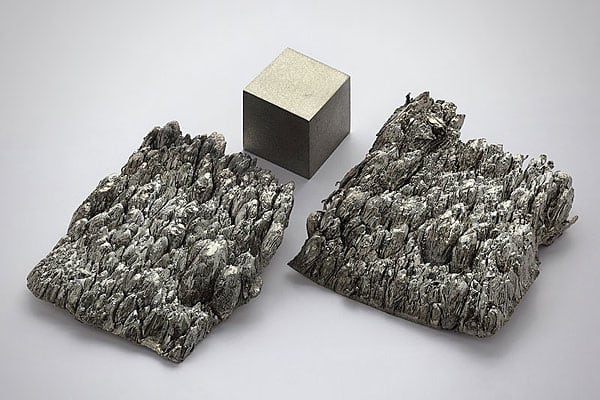When it comes to skincare, lotions play a pivotal role in maintaining hydration and protecting the skin barrier. However, not all lotions are created equal. Many contain ingredients that can be harmful or irritating to the skin. Understanding what ingredients should not be in lotion is crucial for making informed choices about your skincare products. This article delves into the common harmful ingredients found in lotions, their potential effects, and safer alternatives.
- Parabens: The Controversial Preservatives
Parabens are synthetic preservatives commonly used in lotions to prevent microbial growth and extend shelf life. While they are effective, studies have raised concerns about their potential to disrupt hormonal balance. Parabens can mimic estrogen in the body, which may lead to reproductive issues and increase the risk of certain cancers.
Alternatives: Look for lotions labeled as paraben-free. Natural preservatives like tocopherol (vitamin E) and rosemary extract can be effective substitutes.
- Fragrance: The Hidden Irritant
Fragrance is often listed as a single ingredient, but it can comprise hundreds of different chemicals. Many of these synthetic fragrances can cause allergic reactions, skin irritation, and even respiratory issues. For individuals with sensitive skin or conditions like eczema, fragrance can exacerbate symptoms.
Alternatives: Opt for fragrance-free lotions or those scented with natural essential oils, which are less likely to cause irritation.
- Mineral Oil: The Occlusive Agent
Mineral oil is a byproduct of petroleum and is commonly used in lotions for its moisturizing properties. However, it creates a barrier on the skin that can trap dirt and bacteria, potentially leading to breakouts and clogged pores. Moreover, mineral oil does not provide any nutritional benefits to the skin.
Alternatives: Choose lotions with natural oils such as jojoba oil, almond oil, or shea butter, which nourish the skin while providing hydration.
- Alcohol: The Drying Agent
Certain types of alcohol, particularly denatured alcohol (often labeled as alcohol denat), are frequently used in lotions to enhance absorption and provide a lightweight feel. However, these alcohols can strip the skin of its natural oils, leading to dryness and irritation, especially for those with sensitive or dry skin.
Alternatives: Look for lotions that use fatty alcohols, such as cetyl or stearyl alcohol, which can provide moisturizing benefits without the drying effects.
- Synthetic Dyes: The Colorful Additives
Synthetic dyes are often added to lotions for aesthetic appeal. However, these dyes can cause allergic reactions and skin irritation, particularly in sensitive individuals. Some synthetic dyes have been linked to more severe health concerns, including carcinogenic effects.
Alternatives: Choose lotions that use natural colorants derived from plants or minerals, which are generally safer for the skin.
- Sodium Lauryl Sulfate (SLS): The Harsh Surfactant
Sodium Lauryl Sulfate is a common surfactant found in many personal care products, including lotions. While it effectively removes dirt and oil, SLS can be overly harsh on the skin, leading to dryness and irritation. It can also disrupt the skin's natural barrier, making it more susceptible to environmental damage.
Alternatives: Seek out sulfate-free lotions that use gentler surfactants, such as cocamidopropyl betaine, which cleanse without stripping the skin.
Conclusion: Making Informed Choices
When selecting a lotion, it is essential to scrutinize the ingredient list. Avoiding harmful ingredients like parabens, synthetic fragrances, mineral oil, drying alcohols, synthetic dyes, and SLS can significantly improve your skincare routine. Instead, opt for products that prioritize natural, nourishing ingredients that support skin health.

